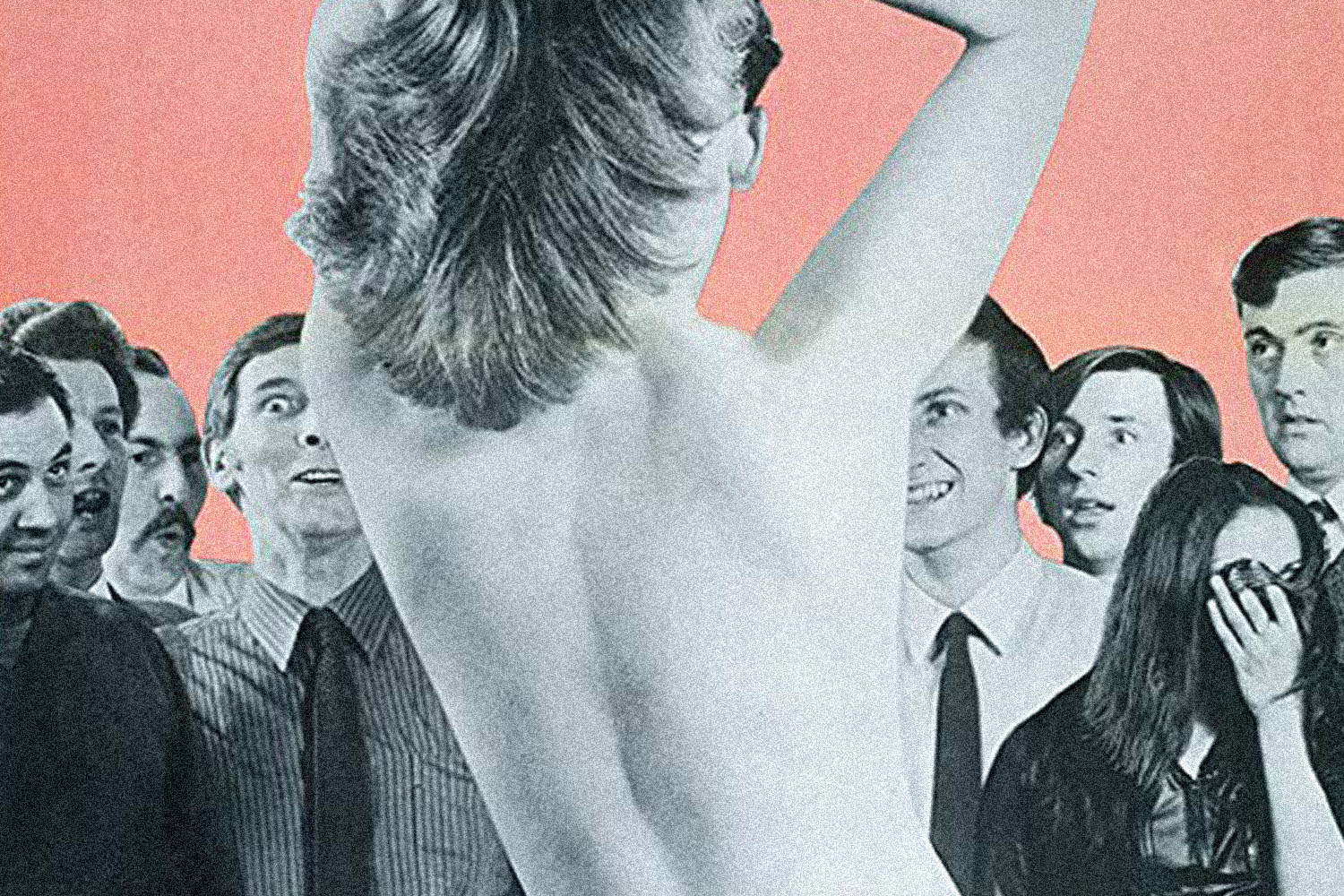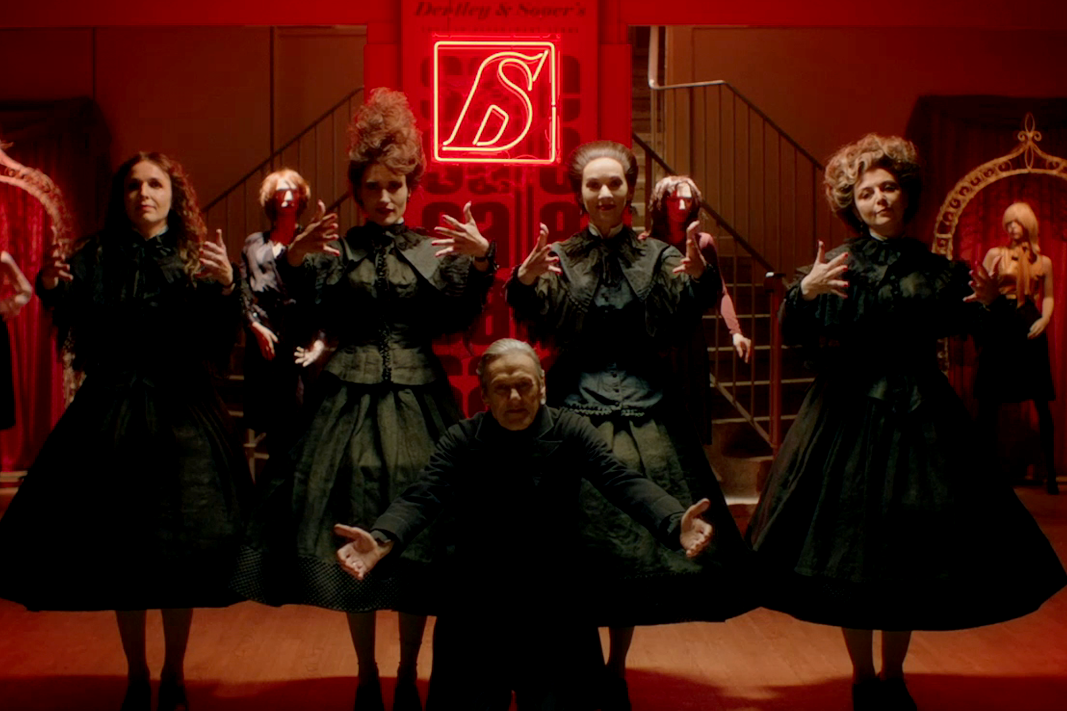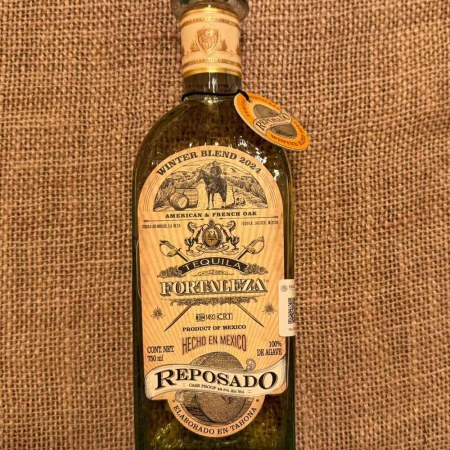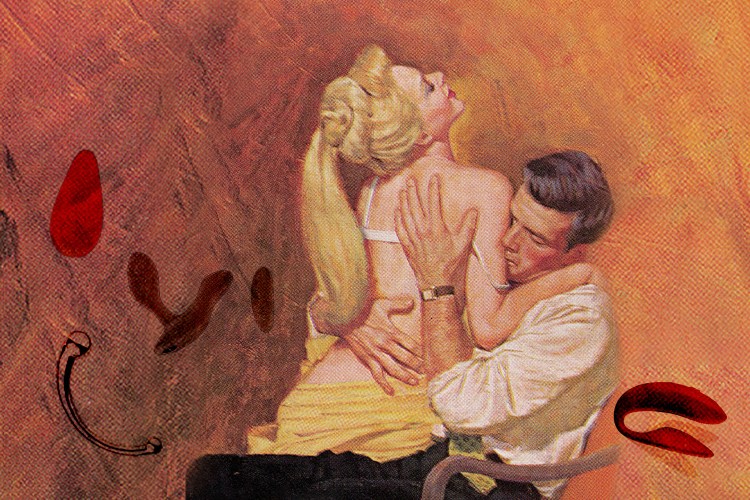
When working my way through The Great Gatsby as a high-schooler in a middle-class suburb, I remember my bafflement upon discovering that there were different kinds of rich people, and that they consider each other nemeses. To a kid from the outside looking in, there’s only money and the absence of money. What separates the old half of the one percent from the new only becomes perceptible once a person has infiltrated their ranks, in my case as an occasional visitor on professional grounds: breeding and taste. The names may change, but there will always be something akin to the old-money WASP, and there will always be a subset of young urban professionals who have too much money and also a belief that they have impeccable taste.
While little more than DNA might separate the old-money types from the yuppie physically or socioeconomically, they regard each other as occupants of distant worlds. In the present day, people who come from money might wear thousand-dollar slippers and timelessly tailored suits, while the yuppie wears thousand-dollar sneakers and designer streetwear. The old money might buy Rembrandts, while the Yuppie buys Banksys. Old money gets chauffeured about in a town car, while the yuppie drives a Phantom VIII. These distinctions all feel immaterial to anyone focused on keeping their own damn bills paid, but to the 1989 body-horror cult classic Society, nothing could possibly be more important.
Brian Yuzna’s film delves past the placid surfaces of late-‘80s Beverly Hills, an oasis of wealth and the conspicuous consumption it enables, to locate the monstrousness festering beneath the lifestyle. That’s not figurative language, either: these upper-crusters resemble any other well-tanned and teeth-whitened preppies, but that’s only a disguise concealing fleshy abominations plucked from the most vivid nightmares of David Cronenberg. When they’re not hitting the tennis courts or yachting, they engage in homicidal orgies that culminate in an icky ritual called The Shunting, which amounts to the melding and eventual absorption of a terrified sacrifice’s body. It’s a big, fat, delicious metaphor unshy about its meaning. Rich people aren’t just evil — they’re mutants literally subsisting on the blood of the poor.
Except that the film’s stance on its central premise is neither so simple nor so staunch. The obligatory human protagonist traversing this treacherous slice of Los Angeles is Bill (portrayed by the magnificently-named Baywatch alumnus Billy Warlock), teenaged son to the blue-blooded Whitney family. He tells his therapist that his parents and sister have been giving off strange vibes as they prepare for her debutante coming-out ceremony, and suspects that something may be off when he gets an earful of his family furtively discussing plans for group carnality. Bill gets inexorably drawn into their dangerous perversions, and the more he learns, the more chilled horror Warlock telegraphs through the screen. He’s not one of them, goes a heated exchange during the viscera-strewn grand finale, and he never will be.
But money, crucially, doesn’t draw the line between them. Early scenes establish Bill as something of a yuppie-to-be, his gaze fixed primarily on slick hot rods, fresh Nike kicks and bodacious bikini babes. He never hammers home the subtext with some gallant speech about the inherent moral wrongs of their massive fortune, or the corrosive effects a swollen bank account has on a person’s psychology. A viewer can spend the whole film waiting for him to outline the more honest workaday life he dreams of outside the mansion, and the scene will never come. Bill has nothing against rich people. He’d like to be one of them someday, just not like that.
The particulars of the Shunters’ dark doings, along with the specific aspects of their outward-facing lifestyle intended to cast them as villains, both betray a willful blindness to the financial dimension. Bill feels estranged from his parents and sister first and foremost because they’re wack and tacky. They do lame-o squaresville shit, like tying their pastel sweaters over their shoulders or partaking in the cotillion circuit. The milieu of high society forms the central load-bearing pillar in Yuzna’s metaphor, the perfect encapsulation of old money’s obsession with genealogy and ceremony. Bill finds his neighborhood’s attachment to weird, archaic standards of propriety and manners alienating, unaware that that’s due to their status as actual aliens. Everything about the debutante coming-of-age schtick, from the weeks of primping to the unsettling pairing with a mate of sufficient pedigree, strikes him as unnatural. He has no idea how right he is.
The disturbing truth waiting for him drives everything inherently freakish about nobility over the top into the absurd. Bill gets his first inkling of the sordid underground in Beverly Hills from a tape of his parents walking his sister through a night of coupling between the three of them. Pushing the incest taboo button this early on brings the shock factor Yuzna’s shooting for, but it’s not chosen idly; this colorful detail evokes the Hapsburgs and other royal European lineages slowly eradicated by their stubbornness about keeping it, ahem, in the family. The preoccupation with bloodlines colors every facet of old-money life, names getting passed down from generation to generation like an heirloom. New money takes pride in being the first — first in their family go to college, first to make a million, first to leave their kids something to live on. Old money takes pride in being the roman-numeraled third, fourth, eighth, what have you.
“You’ll never be one of us,” comes the repeated threat once Bill stumbles into one of the Shunters’ gatherings. They make it sound like a bad thing, but Bill can see the decay rotting through their well-manicured exterior. His epiphany about the malevolence surrounding him first manifests as schizoid hallucination, such as the moment in which he takes a bite of an apple to find it squirming with maggots. That’s a succinct expression of the Yuppie view of old money, which has always been defined by perceived decline. Harvard, legacy business, country clubs — to the Yuppie, these all look like creaky old institutions waiting to be devoured by something newer and leaner and sleeker.
The Shunters are ultimately right, however, in that Bill will never be one of them. Even if he may bear the Whitney last name, an allusion to the 17th-century colonists that came to the New World from London and fittingly made their nut breeding horses, he has more in common with fellow future-Yuppie Ted Ferguson. (His Scottish name conveys an air of the underclass imperceptible to everyone but the snootiest English descendants.) WASPs harbor a fixation on exclusivity and insularity, assured of their superiority by restricting it from interlopers. They shrug off any sense of ethics by taking their bloodline as an automatic, unshakable virtue. In Yuzna’s universe, the WASP’s upturned-nose view of new money as a lesser species springs out of the id and into reality.
Every wealthy family has a black sheep, whether that’s the wastrel dissolving into vice or some Boy Scout squandering his piece of the family pot in the nonprofit world. Society positions Bill as something more like an adopted son, part of the family and yet not part of the family. His interests, namely “having money,” align with theirs. Their conflict stems from differing beliefs over what a person should do with it. Bill and the Yuppies following in his path want to live well and comfortably; note how many shots find him loafing, searching for a cozy place to get horizontal. The Whitneys and their WASP ilk instead use it to preserve their way of life; they fill their house with antiques, odd foreign objects slowly disintegrating. To them, the yuppie is not only a threat fiscally, but existentially. One must eat the other. It’s just a matter of who gets there first.
This article was featured in the InsideHook newsletter. Sign up now.






















